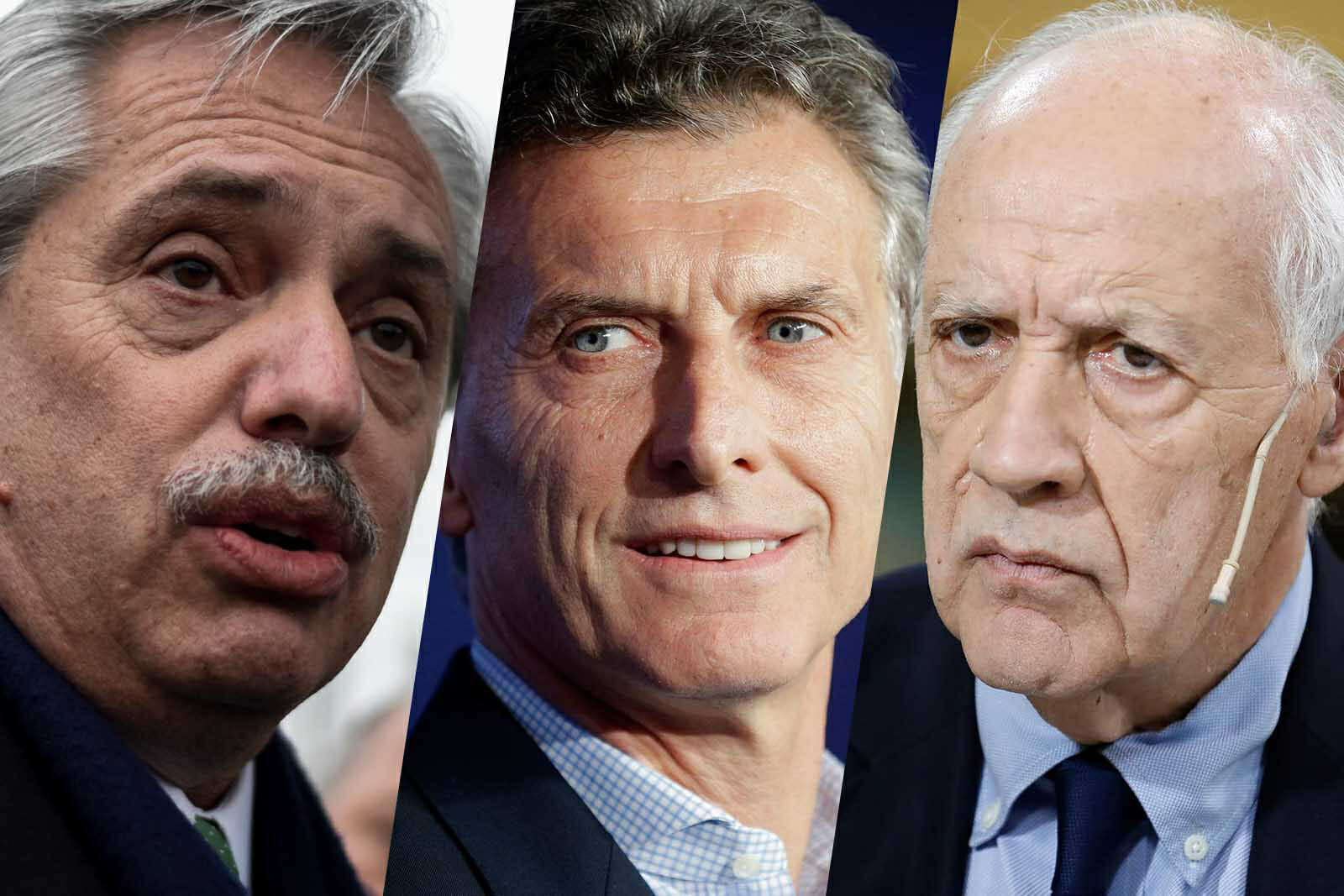
Upcoming Elections in Argentina: What to Expect in the Aftermath?
Like in the lyrics of tangos, sadness is the sentiment that pervades the protracted decline of Argentina. Here is a country that, in the beginning of the 20th century, outperformed Germany and France in terms of per capita GDP and, no less impressively, had, over four decades, achieved a rate of growth higher than the one registered at that time by the U.S. Today, things are awesomely different: average income has fallen below those of neighboring Chile and Uruguay, with one third of Argentinians living below the poverty threshold.
According to a study carried out by the World Bank staff with external contributions, Argentina has spent one-third of the time in recession since the 1950s. Equally telling: since the 1980s, the country has gone through six economic crises.
To trace the origin and causes of such a route, it is necessary to go back to the second quarter of the past century, namely to the times of a charismatic leader: Juan Perón. His populist rhetoric (initially inspired by Mussolini’s fascism), and most of all the welfare benefits and social programs that – with scant regard for economic efficiency and sustainability – he instituted with the aim of galvanizing the support of low-income fellow citizens, assured him the exhilarant acclamation of jubilant crowds.
The state-centered, protectionist nature of Perón’s economic model, and more particularly his profligate welfare expenses, put a break on Argentina’s economy. The popularity of his social programs, however, remains intact: political and corporatist forces have done their utmost (in most cases, successfully) to keep these kind of social programs in place.
Not a few governments have tried to implement economic reforms in consonance with market imperatives, which would inevitably involve budgetary parsimony and restraints in social spending, but they have all failed: either reforms have been too timid to be effective, or the governments willing to carry them out have given up to, or been toppled by, social protests.
Perpetual Peronism
The weight of Peronism in Argentina’s political life has thus stood the test of time. Proof of it: throughout the seven decades that have elapsed since the advent of that political movement, no non-Peronist president has been able to complete his or her term.
For sure, Peronism is not the sole culprit of Argentina’s decline. Anti-Peronism carries, too, its share of responsibility – in particular when the military leadership, headed by General Jorge Rafael Videla, staged a coup d’état in 1976 and established a brutal dictatorial regime that went as far as committing crimes against humanity.
Kirchnerismo: the latest incarnation of Peronism
As regards Peronism, its most recent avatar took place at the beginning of the present century. It lasted a dozen years and took a heavy toll on that country’s economy. Indeed, at the time when the hard-left ideology promoted (and financed) by Hugo Chávez’s Venezuela was on the rise throughout Latin America, Argentina’s President Nestor Kirchner (2003-2007), and subsequently his widow, Cristina Fernandez de Kirchner (2007-2015), put in practice typical hard left’s economic recipes: expropriations; price controls; windfall taxes on exports; costly subsidization of gasoline and electricity; nationalization of private pension funds; and political pressures aimed at introducing like-minded personalities into the governing boards of foreign enterprises. Kirchnerismo left behind an exhausted economy ravaged by corruption, capital flight and inflation.
To cope with and redress the sequels of Kirchnerismo would have required pro-market economic reforms that the current president, Mauricio Macri (a non-Peronist, right-of-center politician), mindful of not losing popularity, attempted to implement gradually and in homeopathic doses. The result: as summarized by Andrés Velasco, Dean of the School of Public Policy at the London School of Economics and Political Science and former Finance Minister of Chile, Macri’s “government spent too much, taxed to little, borrowed excessively, failed to discipline its own monetary policy, and eventually was the victim of a massive market panic.”
The only achievement that President Macri may eventually boast about relates to being the first non-Peronist president to have completed his tenure. Small consolation.
Peronism readies for assuming power once again
Like the phoenix rising from the ashes, Peronism is about to return to power one more time. Indeed, at the multiparty primaries held last August (a sort of pre-general elections), the candidate of Peronism, Alberto Fernandez, having as running mate former President Cristina Fernandez de Kirchner (CFK), of whom he had been head of the cabinet (no family relation between them), obtained such an overwhelming advantage – nearly 15 points above the incumbent president – that his victory in the final elections scheduled for October 27 makes little or no doubt.
All too naturally, fretting a comeback of the economic irrationality that characterized Kirchnerismo, the reaction of financial markets, investors and ordinary savers was nearly immediate. In just a few days, capital flight took off, the stock exchange fell by 48%, the local currency lost 26% of its value, and savers rushed into their banks to empty their accounts and buy dollars.
An internecine tug of war within the winning side?
Alberto Fernandez is to take over the reins of Argentina at a moment when the recipes of the hard left, and for that matter, those of Kirchnerismo, have shown their capacity to squander the economy of any country: proof of it is given by the Venezuelan tragedy. The conditions are thus present for Argentina’s future president to reject the toolkit utilized by his running mate during her presidency – and which led to her electoral defeat in 2015.
Alberto Fernandez has actually begun to give signs of being ready to embark on a market-friendly path, as reported by The Economist.
As a matter of fact, U-turns are not rare within Peronism. A conspicuous case relates to the founder of Kirchnerismo: once elected president in 2003, Nestor Kirchner cut ties with, and actually confronted his political ally and predecessor in the presidency, Eduardo Duhalde.
As for Alberto Fernandez, an eventual departure from Kirchnerismo – so as to adopt market-friendly policies – would certainly not be a politically easy endeavor: CFK’s clout on large swaths of the electorate, trade unions, and Peronist lawmakers is everything but negligible.
And yet, Alberto Fernandez would not be short of cards to play vis-à-vis his running mate. CFK’s main concern nowadays revolves around her problems with Argentina’s Justice: she is currently on trial for corruption and is the subject of investigation in 14 other criminal cases. CFK may thus be willing to abstain from hindering the pro-market economic reforms that Alberto Fernandez may have in mind in exchange for, let’s say, some help from him vis-à-vis the country’s judiciary.
As a matter of fact, divergences had arisen in the past between Alberto Fernandez and Cristina Kirchner. The former became outspokenly critical of CFK on several occasions at the time of her presidency. Furthermore, a latent tug of war between them has recently been reported by political journalist Carlos Pagni in the columns of Argentina’s daily La Nación.
For all these reasons, after the October 27 elections, Alberto Fernandez might decide to sever political ties with his running mate and current ally – in a manner reminiscent of what Nestor Kirchner (CFK’s late husband) did vis-à-vis his predecessor and ally.

